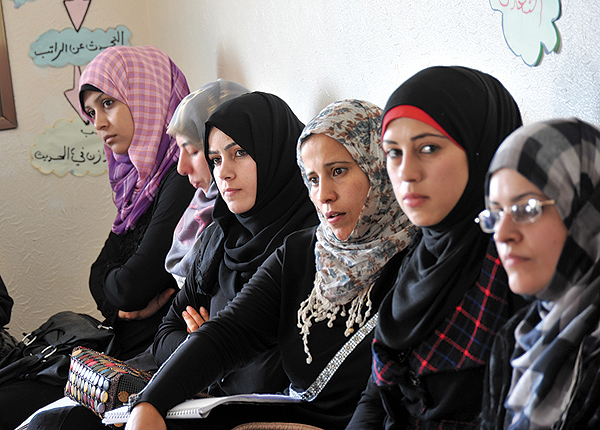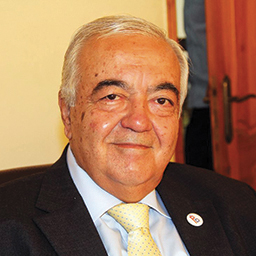
The extent of the looming crisis resulting from the soaring rates of poverty and unemployment in the Palestinian state is no secret. The Israeli occupation bears huge responsibility for this drastic situation, for the deterioration of conditions, and for impeding projects that could contribute to alleviating unemployment, which now stands at around 29 percent. Resolving these problems throughout the State of Palestine is not possible with the total blockade imposed on the entry of materials and on the movement of people, and other restrictions imposed on Palestinians in the West Bank and Gaza Strip during the past ten years. The blockade has undoubtedly boosted unemployment rates to dangerous levels: more than 400,000 people are unemployed, including 230,000 in the Gaza Strip and 170,000 in the West Bank. Most of the unemployed are university graduates and young people, who join the masses of the unemployed every year. The number of families living below the poverty line has exceeded 320,000 and is increasing significantly every year.
The occupation has left Palestinian state bodies, especially the Ministry of Labor, with no chance to fulfill its responsibilities of addressing unemployment, developing the employment sector, or implementing developmental and employment projects. Israel has seized more than US$ 8 billion, which is the total sum of money due to more than three million Palestinian laborers who have worked in Israel since 1970.
The State of Palestine needs to intensify efforts to accelerate reconstruction in Gaza and expand the labor market to counter the high rates of poverty and unemployment. The solution to the problem of unemployment does not lie in temporary job-creation solutions but in employment projects. Soft loans with low interest rates and a reasonable repayment period would enable graduates and the unemployed to establish and start productive projects costing an average of US$ 15,000 per project.
This is the philosophy of the Palestinian Fund for Employment and Social Protection of Workers. This fund was formed by a presidential decree 14 years ago and revived 3 years ago. It implements a revolving-loans project at a low interest rate of no greater than 5 percent, with a long grace period to enable the beneficiaries to establish job-generating projects. The fund requires US$ one billion to implement 50,000 projects in the West Bank and Gaza Strip within the coming three years. This will employ 250,000 unemployed individuals at an average of five laborers per project. This strategy has been implemented in several countries that have now become pioneers in this field.
♦ By establishing vocational training centers, the Palestinian Ministry of Labor aims to develop the skills of young Palestinians and enable them to find employment and alleviate the unemployment rate of 29 percent (41 percent in Gaza and 18 percent in the West Bank, as recorded in the first quarter of 2016), which has reached an all-time high.
To facilitate this strategy, the Ministry of Labor has adopted a new policy to tackle the problem of unemployed graduates by sending them for training to change the course of their lives and allow them an opportunity to find a job. The goal is to increase the number of persons enrolled in vocational training centers from 12,000 to 30,000 students within the next three years. We are aware that Palestinian vocational training centers need new buildings, equipment, raw materials, and new courses. We need our international partners’ commitment to work in accordance with the needs of the Palestinian local market. It is important to note that an action program for development is being implemented by the Palestinian Fund for Employment with UNDP in the Gaza Strip, with financing from the Gulf Cooperation Council and the Islamic Development Bank to target around 3,000 Gaza Strip graduates.
» H.E. Mamoun Abu Shahla was born in Gaza in 1942. He is currently the Minister of Labor. He is a businessman and a member of the board of directors of several companies and organizations such as the Palestinian Telecommunication (PalTel) Group, Bank of Palestine, Al-Azhar University, and the Palestinian Trade Centre (PalTrade). Abu Shahla holds a BA in accounting from Cairo University; he is also a qualified chartered accountant from City, University of London, United Kingdom.


